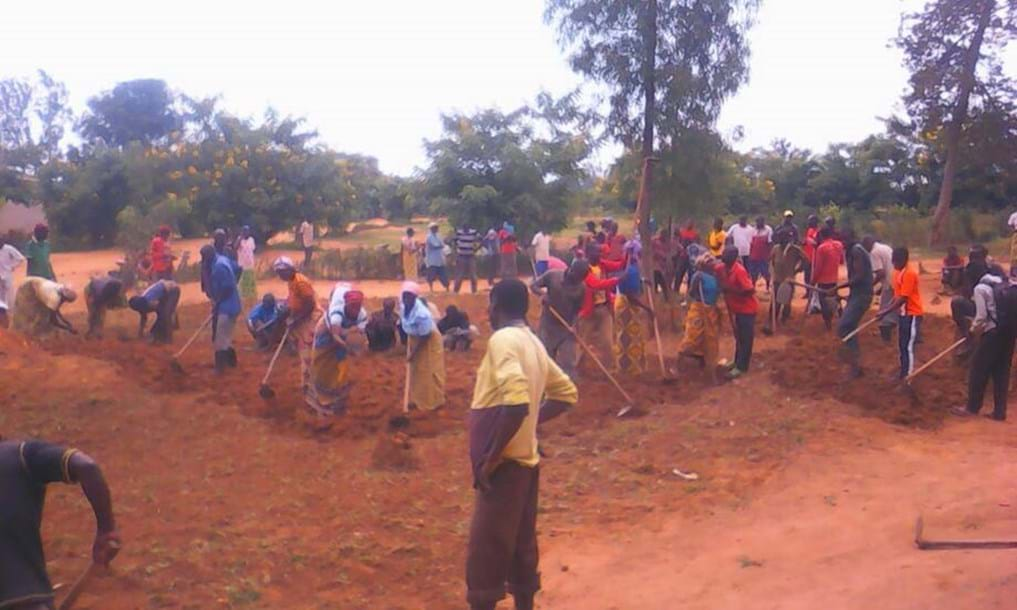
Uncovering the Unilever Effect in Rwanda
As part of the WE Communications Global Pro Bono Program, I am currently in Rwanda supporting the Health Development Initiative (HDI), a local NGO based in the capital Kigali. Our team of three people has been asked to bring in our expertise and know-how in communication and project management to support HDI in developing their communications and influencers strategy.
During my first days here in Kigali, I came across the term ‘Umuganda’ when asking locals about their weekend activities
UMUGANDA: TRUE COMMUNITY WORK
The Kinyarwanda word Umuganda can be translated as ‘coming together in common purpose to achieve an outcome’. In traditional Rwandan culture, members of the community would call upon their family, friends and neighbors to help them complete a difficult task. It is now an official government program as the Government of Rwanda draws on aspects of Umuganda to enrich and adapt its development programs to the country’s needs.
On the last Saturday of every month businesses close in the morning for three hours while people take part in government-mandated community service. Successful projects include environmental protection and infrastructure development, such as building and paving roads or constructing health centers and schools. Communities might also band together to repair broken water pipes, lay irrigation lines, paint crosswalks, etc. According to the local news agency Kigali Today Press, Umuganda has saved the country 106 billion francs (US$128.5 million) over the last decade.

THE UNILEVER EFFECT – BRAND YOURSELF
This got me thinking about how the concept of Umuganda can be applied to businesses. Consumers expect a company to not only deliver highly effective, high-functional products and services but to be active on issues that are important to their customers. Our Brands in Motion study exposed four realities that businesses can harness for the mutual benefit of brands and stakeholders. Reality #3 is what we call the Unilever Effect:
“In 2012 Unilever CEO Paul Polman created the Unilever Sustainable Living Plan (USLP); a decade-long plan to double the company’s revenue while cutting its carbon footprint in half. The plan set out to help a billion people take action to improve their health and wellbeing; to halve the environmental impact of their products; and to source 100% of their agricultural raw materials sustainably. Polman’s actions at Unilever have caused a significant shift in mindset not only within their own company, but in setting a standard for what responsible business looks like.”
What if we apply the Unilever Effect to ourselves – regarding ourselves as brands that we need to position in an unstatic environment, taking into account underlying expectations from stakeholders (i.e. our employers, colleagues, family and friends)?
Across all markets looked at by the study, half or more of surveyed consumers said they thought more highly about organizations who deliver both effective products and services but also take an active position on issues that provide long-term social value. If we’re placing these expectations on organizations, shouldn’t we apply the same standards to ourselves? And shouldn’t providing long-term social value be on everyone’s priority list?
Why not uncover the Unilever Effect for yourself in order to position “your brand” in the best possible way – and practice Umuganda in your own daily life!
The latest blogs from WE
Decoding Gen Alpha: A Primer on the Next Gen of Consumers
Why Gen Alpha Will Fuel Spending This Season
Why Reputation Is a Business Driver in Healthcare

